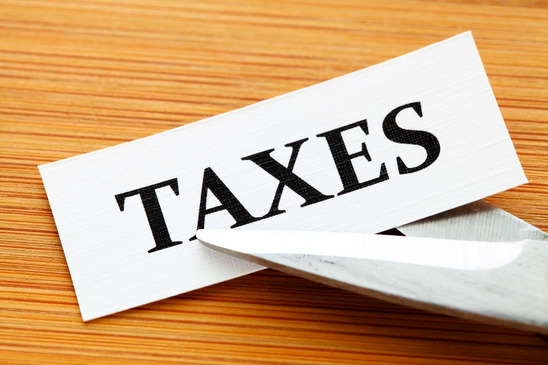Owning a business means navigating a stack of paperwork every year at tax time, a process often approached with dread of arriving at a final payment figure. With all the work involved, it’s easy to miss out on tax deductions to which you’re entitled. Before filing this year, look into these often-overlooked deductions to see how much you can save.
Provision for Retirement
Money put away for retirement, whether for yourself or for employees, is deductible on your business return. How much you can deduct may be subject to rules, regulations and limitations, but getting into the habit of saving is never a bad idea. If you haven’t started putting away for your golden years, doing so now can bring added benefits in the form of future tax breaks.
Insurance Expenses
Business insurance rates may be deductible, and this can amount to significant savings. Consider all the types of insurance you’re required to hold for your company, and look into which ones you can claim on your return.
A separate provision exists for health insurance if you’re self-employed and hold a policy for yourself or if you employ staff members for which you provide coverage.
Interest on Equipment
Replacing old equipment is a big investment, but putting your purchase on a credit card allows you to deduct the interest as a business expense. Depending on what type of equipment you need, this can be a significant help around tax time and may mean you can afford to buy a newer or more sophisticated model.
Vehicle Expenses and Mileage
If your company has one or more vehicles used only for business purposes, the expenses associated with these vehicles can all be claimed on tax returns. This includes mileage, gas, repairs and lease payments.
Vehicles used for both personal and business reasons can still qualify if you keep careful records of all business-related activities. You can claim these expenses using standard mileage rates or by breaking them down into individual categories.
License Fees and Taxes
Between property taxes, taxes on real estate and obligatory state or county licensing fees, basic expenses associated with running a business can add up fast. Fortunately, many of these mandatory payments are deductible and can help lower your overall tax bill.
Items for the Office
Small businesses run through a lot of office supplies in a year. Think about how often you replace simple necessities like paper, staples and pens, and consider any office equipment you’ve purchased in the recent past. As long as it’s used for business and counts as an essential part of your operation, you can claim it as a deduction.
Working with an accountant or other professional tax preparer can make it easier to find these and other deductions you may take as a small business owner. Even if you don’t qualify this year, knowing what you’re allowed to claim and how to document for deductions can help lower your payments in the future.

